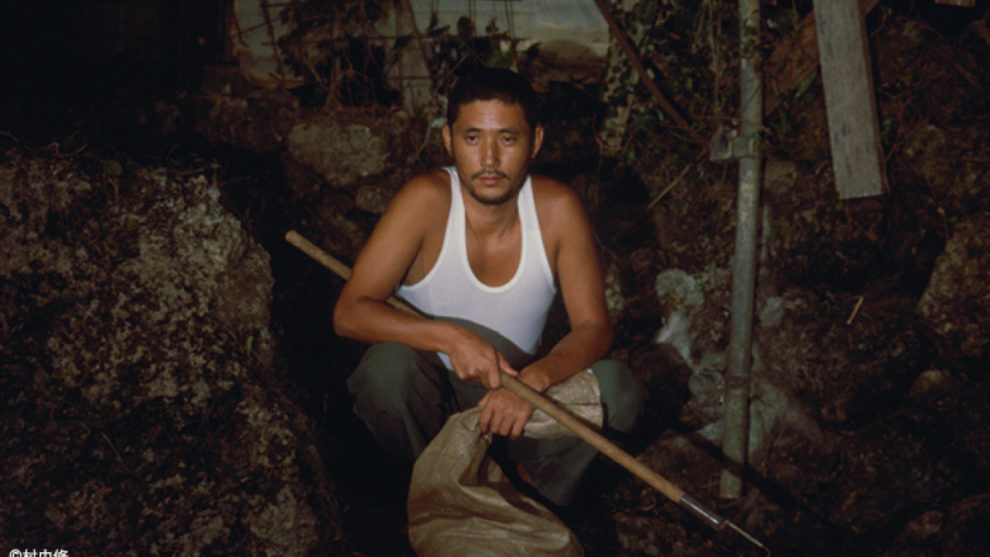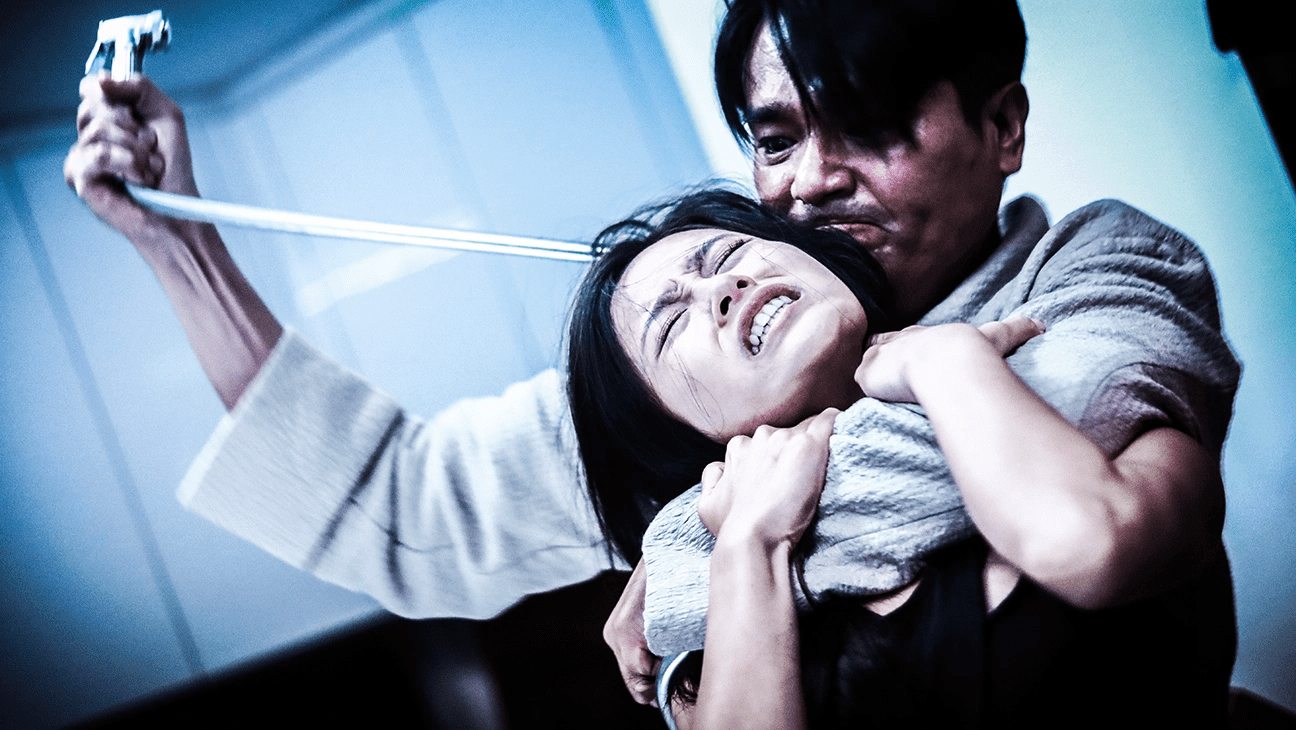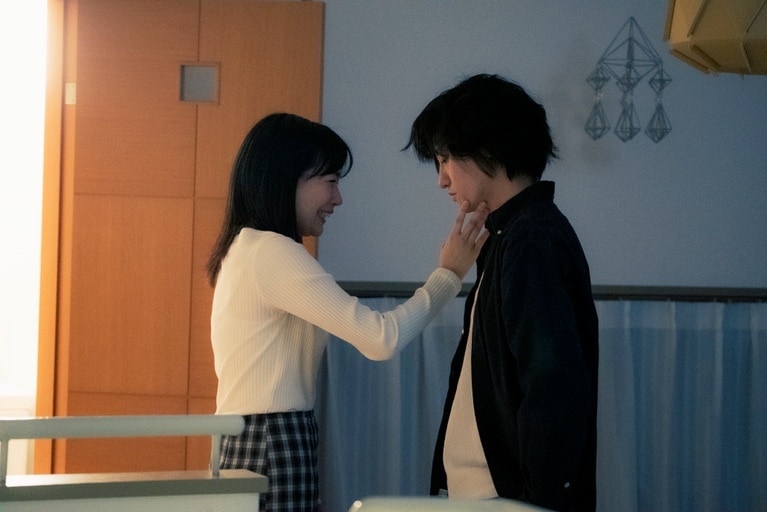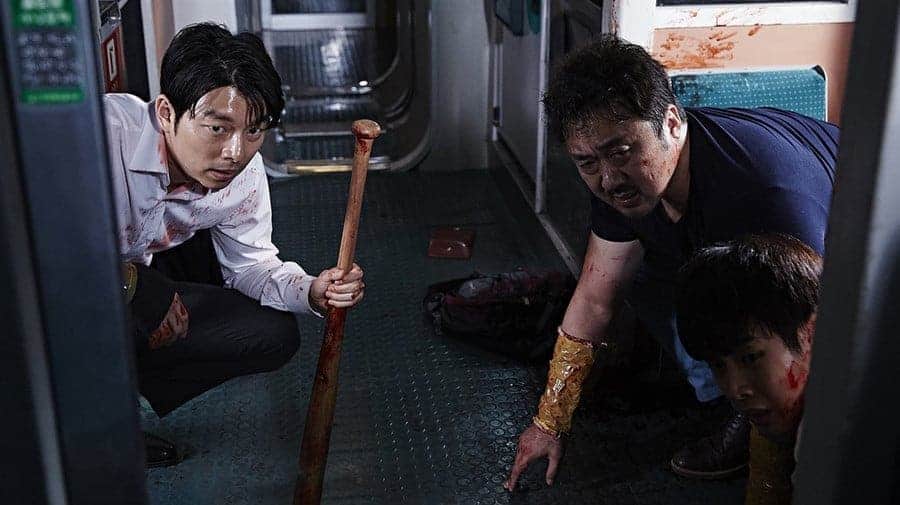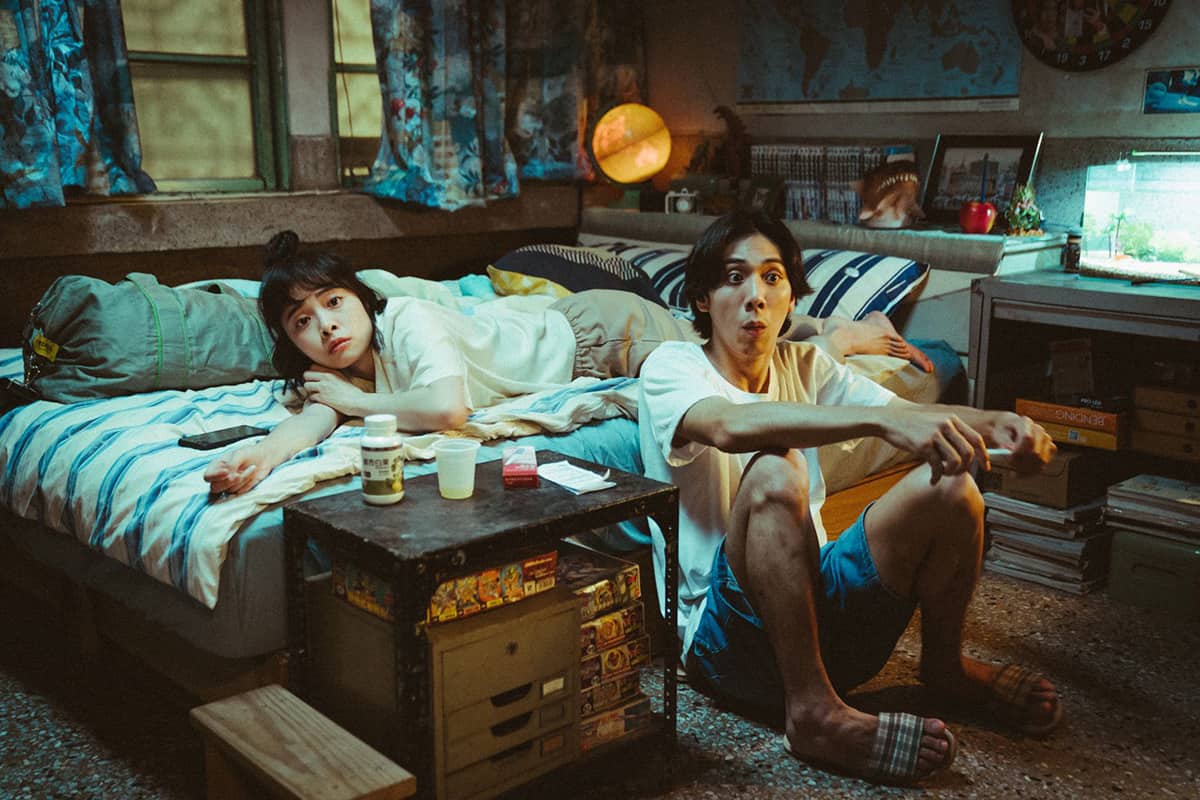There's a world of Japanese cinema outside of the Kyoto and Tokyo dominated projects, each of these cities serving as the historical bases for the country's film industry. One such location that's always refreshing to see on the big screen is the Okinawa Prefecture, a series of islands in the East China Sea disconnected from mainland Japan. It's this tropical setting that Okinawan filmmaker Go Takamine utilizes for his slow and meandering breakthrough feature, “Paradise View”.
Paradise View is screening at Japan Society
Days before the Okinawa Reversion of 1971, Reishu Goya (Kaoru Kobayashi) has quit his job at an American military base with seemingly little else to do in mind. Around him, various families quibble and scheme as a close-knit community comes to terms with inevitable change. Into this lawless yet peaceful environment wanders Ito (Haruomi Hosono), a Japanese who has come to marry one of the village women, Nabee (Tamao Koike), in accordance with traditional customs.
“Paradise View” is a rarity in Japanese cinema in that it was filmed entirely in the sparsely spoken Okinawan language. This is just one of many Ryukyuan cultural and traditional features that find their way into the film and help introduce us to this distinct area of Japan. As an Okinawan, you feel that Go Takamine imprinted many of his unique experiences and knowledge onto the project, which comes through in the fully realised and atmospheric world of pre-reversion Okinawa. The writer-director also includes nods to some historical events surrounding the reversion, notably indigenous guerilla resistance. However, these instances are mostly background noise to the multi-faceted main narrative.
In some ways, “Paradise View” feels like a tropical hang-out movie as we jump around Reishu's village and follow the inter-community drama that plagues daily life. The young Nabee's resistance to her proposed marriage throws up unexpected developments that spell trouble in the small village. However, most characters display a rather lax and laid-back attitude towards life. The lack of a clear narrative may be frustrating for some, yet Takamine presents a refreshing slice of life drama that skillfully weaves from one family to the next.
What really makes the film tick is the cast of oddball characters that populate the tropical village. I found the most entertaining of the bunch to be Chiru, a deceptively shy young woman who's more than willing to take matters into her own hands. A spirited performance from Jun Togawa sees Chiru mope and sing in equal measure, often as she wanders past with various pig body parts. There are plenty more memorable figures that populate the film – a nonchalant dentist with questionable methods, two grisly brothers whose motives remain ambiguous, and, of course, the Japanese bachelor, Ito, played here by influential musician Haruomi Hosono. Watching these characters go about their daily lives is cathartic to a point, although none are explored in much depth, truth be told.
Unfortunately, one of the film's most effective mood-setters also proves to be its biggest weakness, that being its leisurely pacing. Sure, it's fun to kill time hanging around with the village oddballs and witness the ensuing melodrama, but you begin to question the point after a while. Certainly, towards the final quarter or so of the film, things take a turn for the slightly surreal, though in a more confusing and patience-testing manner than one might like.
With “Paradise View”, Go Takamine presents a matter-of-fact look at pre-reversion Okinawan life, albeit in his sedated filmmaking style. Certain narrative points pique interest, but, in the end, they're all intentionally inconsequential. If a beautifully aimless portrait of Okinawa is what you're looking for, there's enjoyment to be found, though in my case, Takamine's admittedly well-crafted film outstayed its welcome.


